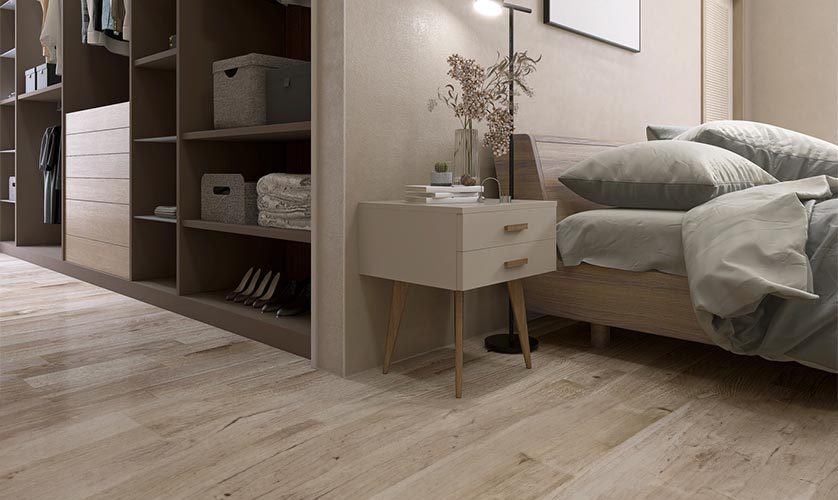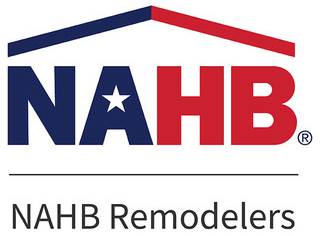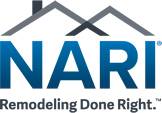
Creating an accessible bedroom can be a pivotal step in enhancing home comfort, safety and independence. With insights from universal design principles and practical construction knowledge, a trusted home remodeler shares tips on creating a bedroom that meets a broad range of mobility needs.
Universal Design Principles
Universal design principles are about crafting spaces that are seamlessly usable by everyone, regardless of mobility or ability. To apply these principles to an accessible bedroom, start with ample space planning. Optimizing room for maneuverability is not just a design preference but a necessity. A roomy space adjoining the bed and walls, with at least a 42-inch clearance, can make all the difference for easy transfers and navigation using a mobility device.
Furniture and Storage
Furniture choices should be accommodating and versatile. Beds and dressers should be of optimal height, with dressers preferably under 32 inches to facilitate wheelchair users. Consider using beds with adjustable bases for better support and convenience. Furthermore, hooks and closets should be installed at varying heights to ensure everyone can reach them comfortably.
Flooring and Navigation
Selecting the right flooring is crucial to an accessible bedroom design. Hard surfaces like wood or tile aid in the effortless movement of wheelchairs or walkers. If rugs are to be used, opting for low-pile ones can prevent tripping and permit easier wheelchair transfer.
Smart Hardware and Controls
Any general contractor will say that enhancing accessibility extends to the details, such as the hardware on drawers and doors. Replacing traditional knobs with easy-grip or D-shaped pulls can make a substantial difference. Smart home technology has been a transformative force in creating accessible environments. Voice- and remote-controlled smart home devices can allow bed-bound individuals or those with limited movement to alter lighting, temperature, and entertainment settings with ease.
Lighting Options
Proper lighting is more than just an aesthetic—it’s a functional necessity. For those with visual impairments, having a combination of ambient lighting and adjustable task lighting can significantly improve room navigation. Consider motion-sensing lights or soft night lights for those nocturnal trips to the bathroom.
Let’s Start a Conversation!
At DreamMaker Bath & Kitchen of Chester County, we are committed to making accessible remodeling plans a reality. Our expert team brings years of specialized experience to each project, ensuring that every detail is tailored to meet your accessibility needs. Give us a call at (610) 484-2000 or visit our contact page to schedule an appointment.







